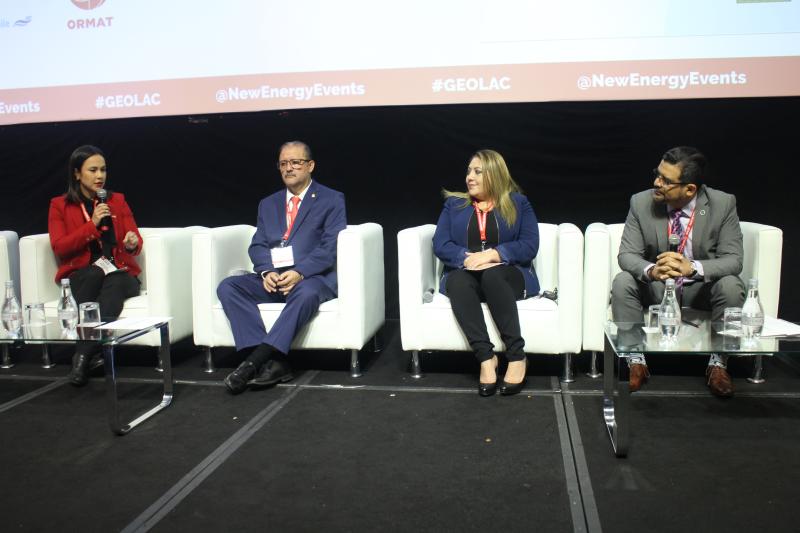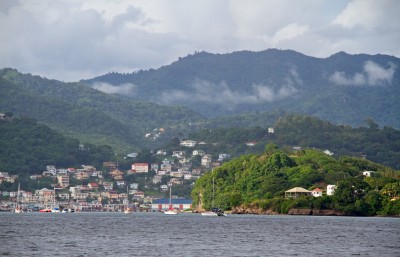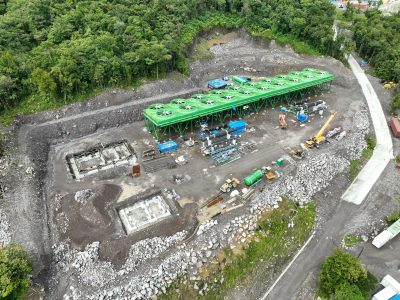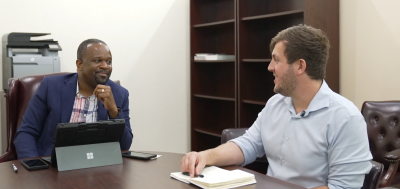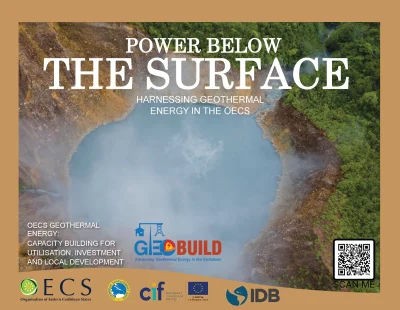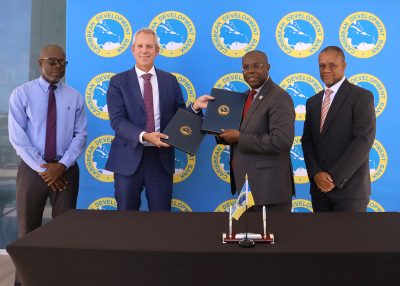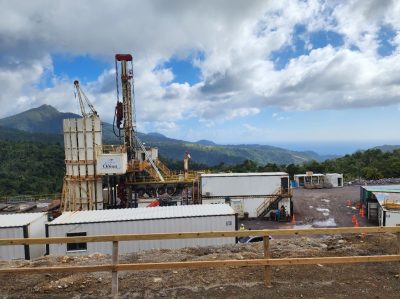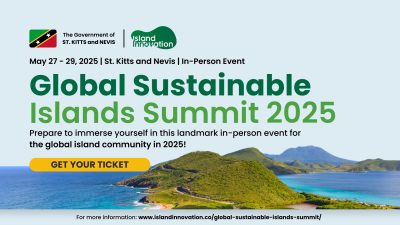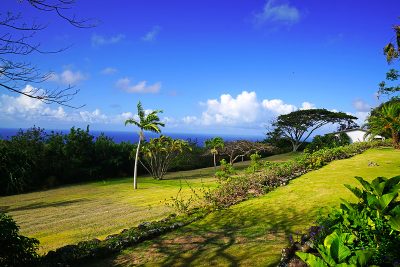Direct use of geothermal energy – a rough diamond for Latin America
A panel discussion led by an advisor of the German development agency GIZ at the July 2019 GEOLAC geothermal conference for Latin America & the Caribbean, highlighted the opportunities represented by geothermal direct use with case studies from El Salvador and Honduras.
During the Geothermal Congress for Latin America & the Caribbean (GEOLAC) in Santiago/ Chile, the direct use of geothermal energy received yeat again attention and was featured in a special panel discussion led by Ana Lucía Alfaro, advisor at the German Development Agency GIZ in Costa Rica.
The use of geothermal energy generation has been an agenda priority for several countries and leading to the new experiences and technologies in the region, increasingly lifting the relevance and interest in direct use applications.
The panel at the GEOLAC conferences reviewed the cases of technical and financial research conducted by German GIZ cooperation through the Geothermal Development Program in Central America.
Moderating the panel discussion, Ana Lucía Alfaro, coordinator for the component of pilot projects of direct use and technical dialogue on geothermal of GIZ, presented the current context of geothermal direct use in Central American.
“Sometimes it seems that, although we know how scientific the evidence is to develop high enthalpy geothermal energy, we expect that the use of shallow or superficial resources will imply a faster and more express development, when we know that it equally requires detailed geoscientific information if you want to take advantage of the resource in a sustainable way, ”said the GIZ advisor.
Among the main challenges for the technical exploitation detected by the GIZ is the need to have very specific information about the potential, as well as a clear regulatory framework, which ensures a secure scope of use of the resource, technical cooperation to create capabilities at the level of technicians, developers and decision makers, as well as financing schemes and business models that facilitate geothermal development.
The Honduran case was highlighted by the Deputy Minister of Energy of Honduras, Engineer Leonardo Deras, who highlighted the characteristics that make geothermal development in his country particular.
“We have a functioning geothermal plant, as a case study and precision for its implementation was slow, but accurate. With his management we realized the gaps and technical needs that we must solve in an institutional way first, in order to attend to more geothermal projects in Honduras, ”said Deras.
For the vice minister, the commitment to facilitate geothermal development is latent and his office and technical authorities are working to resolve the current gaps. From his personal perspective, he also considered that a greater openness of developers is necessary to allow the academic and technical staff to have greater access to projects, promote learning and research, based on a case in operation. “Our next step is to finalize the energy policy, which would lay the groundwork for instruments to regulate the resource in its different manifestations and uses.
“From the developers’ perspective, Rosa Escobar, engineering manager of the El Salvadoran company LaGeo shared the case of social projection implemented by her company, as a strategy of community approach and acceptance of geothermal energy.
“Our business continues to be the generation of electricity, but we have seen the positive impact, through the development and research of the three direct use prototypes, by generating joint capacities with the neighbouring community of a geothermal project, and facilitating the creation of new processes associated with direct and indirect geothermal services, ”Escobar said.
For LaGeo official, the company’s experience in combining direct uses with power generation improves the development climate of the project, and therefore becomes socially feasible. “We are currently working on developing an attractive scheme to get a partner to co-develop these prototypes with us. For now, we are targeting milk pasteurization and are in talks with a Salvadoran dairy company to bring this initiative to fruition, ” she concluded.
At the close of the forum, Ana Lucía Alfaro of the FoGEO Program highlighted the work developed to promote the use of this resource in Central America through several actions, among which, the accompaniment in improvement or development of regulatory or policy frameworks nationally and regional through SICA, strengthening capacities, but also developing feasibility studies that allow evidence of the socio-economic impact of implementing direct use projects.
“It is our technical perception that this last issue is key to tropicalize the use of this resource and transform that diamond into the rough,” she concluded.
The participation of the Central American delegation in GEOLAC has been part of the cooperation actions to articulate technical efforts for the exchange of knowledge, experiences, discussion and analysis of challenges, new contacts at international level with financing agencies, decision makers and geothermal developers.
These are very important spaces that allow the promotion of geothermal energy as a stable, clean renewable source and whose development contributes to national actions to mitigate climate change and facilitate the sustainable energy transition in the region. The German development agency GIZ implements the Geothermal Development Program in Central America (FoGeo) for the General Secretariat of the Central American Integration System ( SICA), commissioned by the German Federal Ministry for Economic Cooperation and Development (BMZ)
Source: 4E/ Geo programs via Facebook
